Energy storage: the key to a decarbonised future
Setec Powerr
NOVEMBER 23, 2022
We are transitioning from fossil fuels to renewable energy sources such as wind and solar, and the use of energy storage is becoming more widespread. And with the popularity of electric vehicles, the grid is under more and more pressure, so the demand for energy storage is growing. Battery storage.


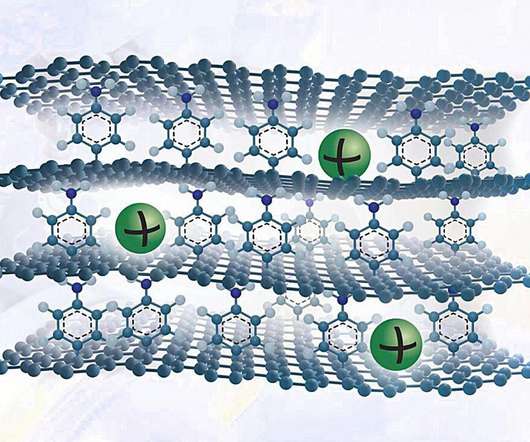





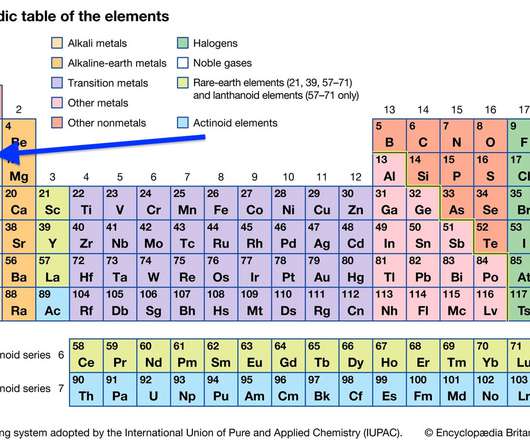







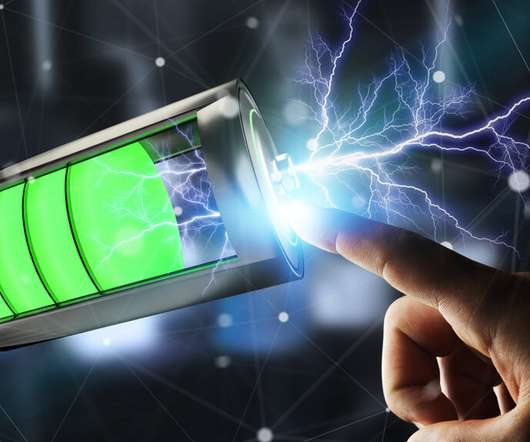

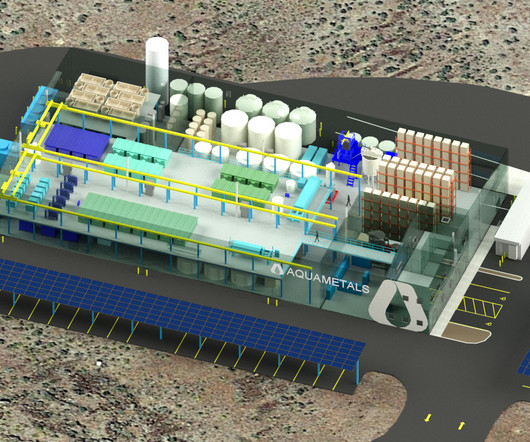



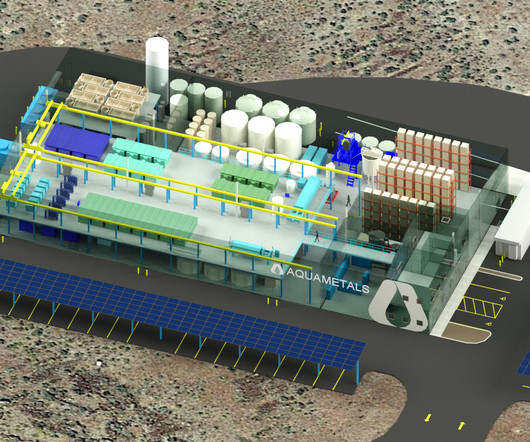






Let's personalize your content